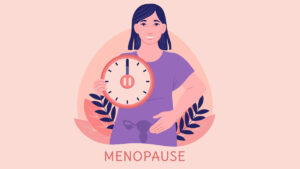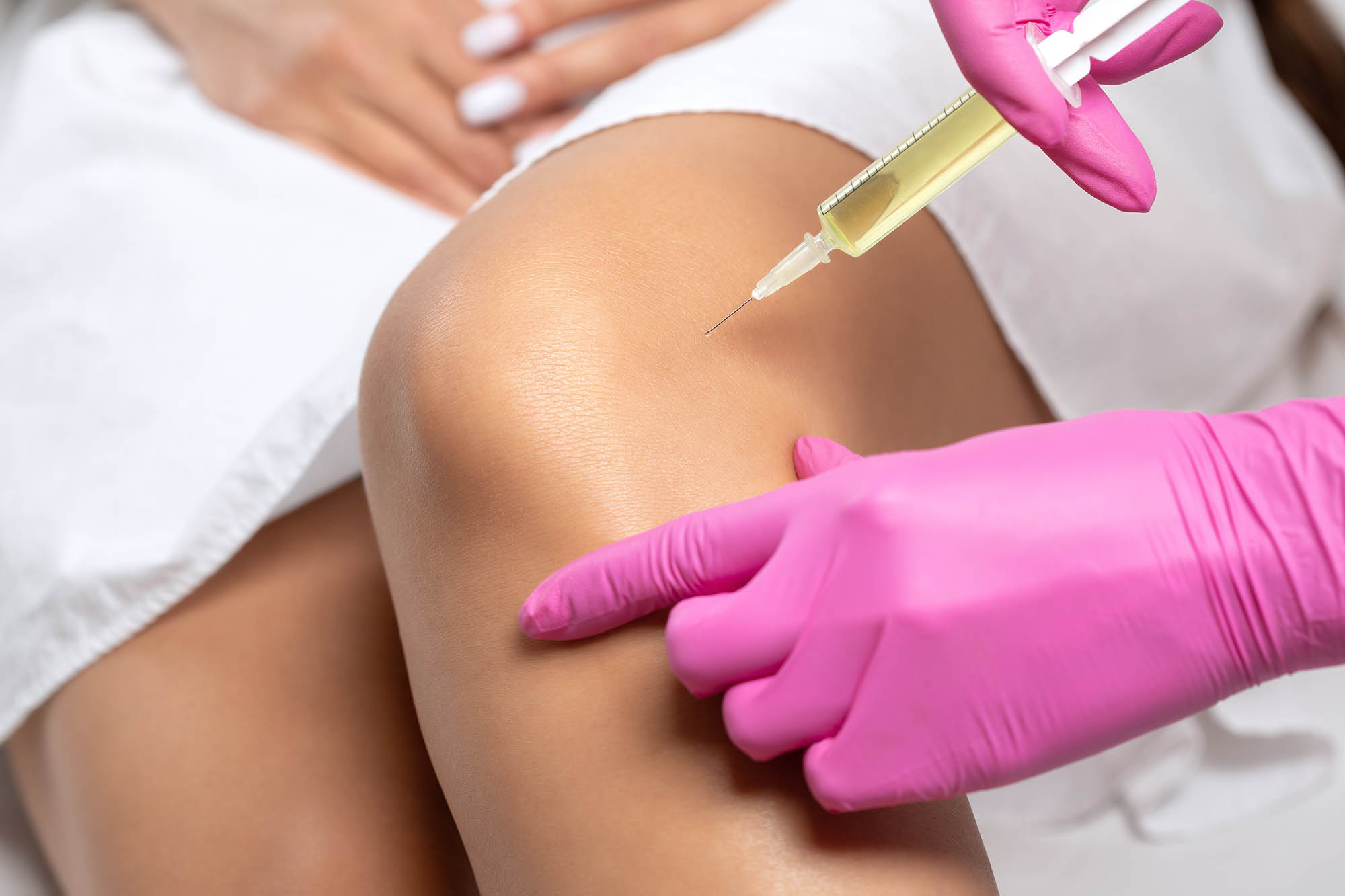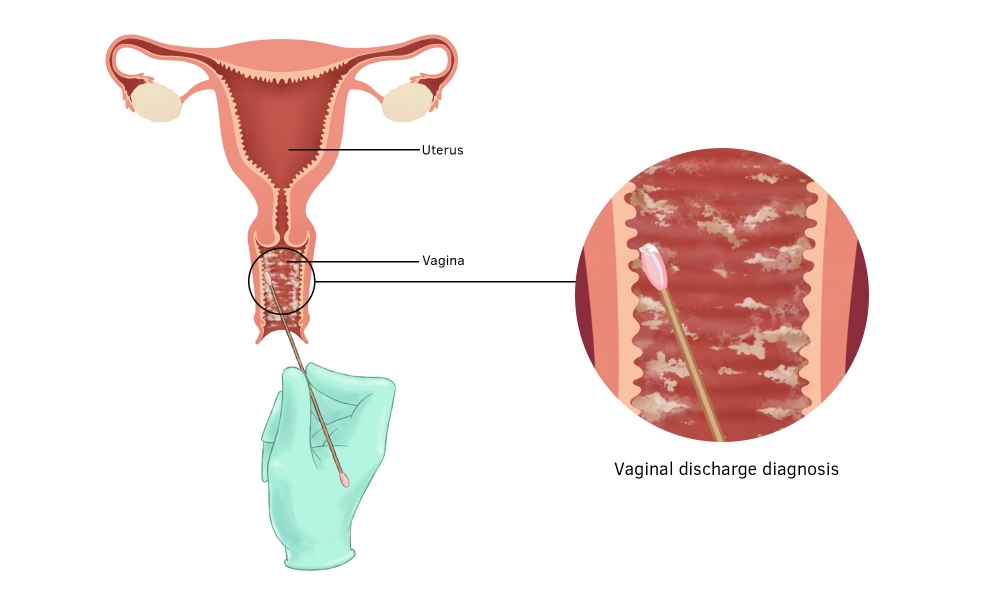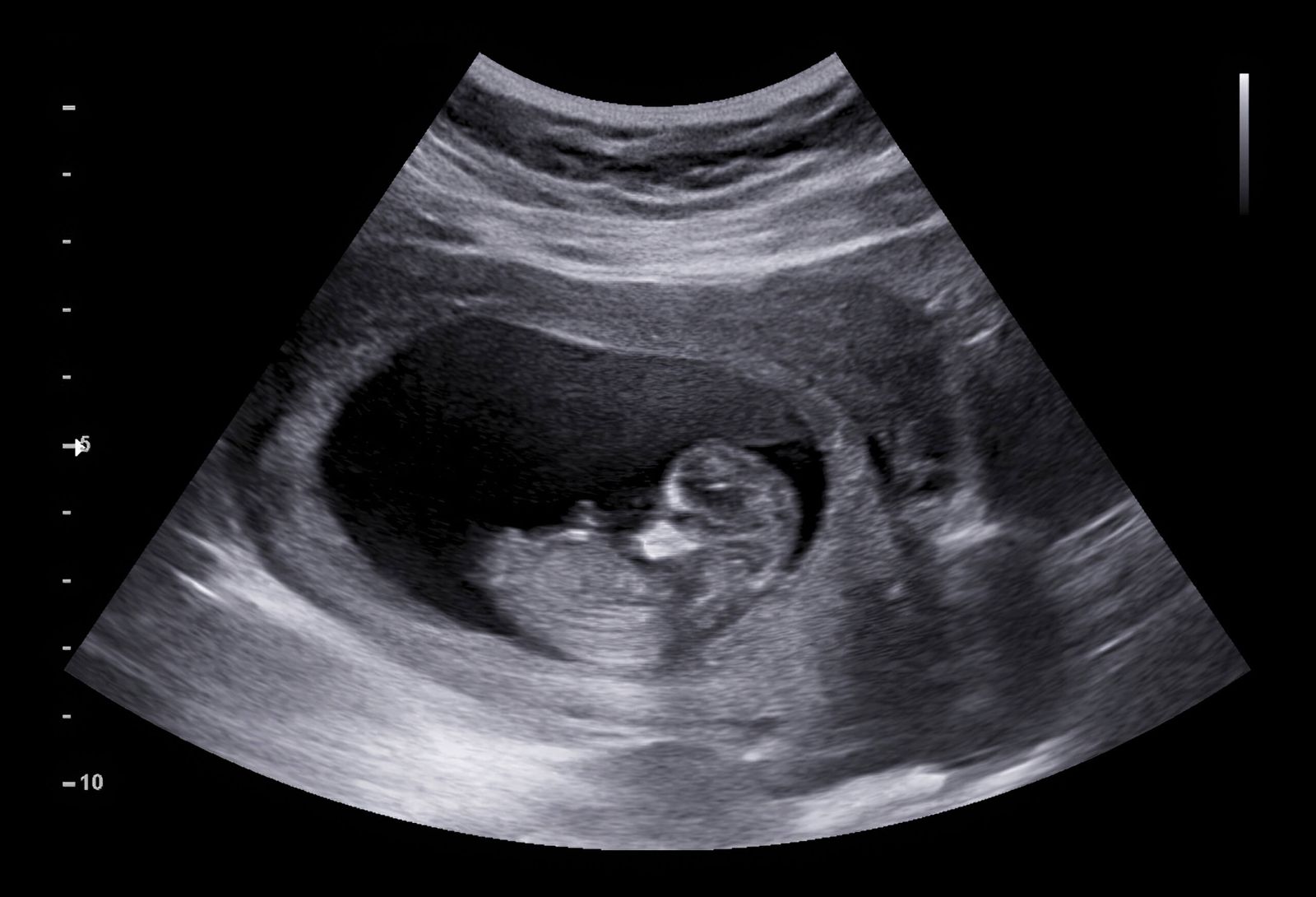Menopause is a natural biological shift that all women experience, signifying the end of their reproductive years. It’s characterized by the permanent cessation of menstrual periods and a decline in sex hormones, primarily estrogen and progesterone. While menopause itself is a single point in time – defined as 12 consecutive months without a period – the surrounding years are often marked by changes known as perimenopause.
This blog aims to be your comprehensive guide to menopause, exploring its causes, symptoms, diagnosis, treatment options, and healthy lifestyle choices to navigate this transition smoothly.

What Causes Menopause?
The root cause of menopause lies in the natural decline of ovarian function. As women age, their ovaries gradually produce fewer eggs and less sex hormones. This hormonal shift disrupts the menstrual cycle, eventually leading to its complete cessation.
Average Age of Menopause
The average age for menopause in the United States is 51. However, the actual onset can vary widely, occurring anywhere between 40 and 55 years old. Several factors can influence the timing of menopause, including:
- Genetics: Family history plays a role, with a mother or sister experiencing early menopause increasing your likelihood.
- Lifestyle: Smoking can accelerate menopause, while maintaining a healthy weight may slightly delay it.
- Medical Conditions: Certain medical conditions like autoimmune diseases or thyroid disorders can impact hormone production and influence menopause timing.
- Medical Treatments: Surgical procedures involving the ovaries or uterus, or certain cancer treatments like chemotherapy or radiation, can trigger premature menopause.
Symptoms of Menopause
Perimenopause, the years leading up to menopause, can bring a variety of symptoms due to fluctuating hormone levels. Some common symptoms include:
- Irregular Periods: Periods may become shorter, longer, heavier, or lighter than usual. They may also become more or less frequent.
- Hot Flashes: These sudden bursts of heat, often accompanied by sweating and chills, are a hallmark symptom of menopause.
- Night Sweats: Hot flashes can disrupt sleep, leading to night sweats and difficulty staying asleep.
- Vaginal Dryness: Reduced estrogen levels can cause vaginal tissues to become thinner and drier, leading to discomfort during intercourse and increased risk of urinary tract infections.
- Sleep Problems: Difficulty falling asleep, staying asleep, or waking up frequently at night are common complaints during menopause.
- Mood Swings: Changes in hormone levels can contribute to mood swings, irritability, anxiety, or even depression.
- Changes in Sex Drive: Reduced libido and vaginal dryness can affect sexual desire and enjoyment.
- Brain Fog: Some women experience difficulty concentrating, forgetfulness, or mental fog during perimenopause and menopause.
- Weight Gain: Menopause can lead to changes in metabolism and body fat distribution, making weight management more challenging.
Diagnosis of Menopause
There’s no single test to diagnose menopause. However, your doctor can discuss your symptoms, medical history, and family history to determine if you’re in perimenopause or menopause. They may also recommend:
- Blood Tests: A blood test can measure hormone levels, though these levels fluctuate during perimenopause, making diagnosis based solely on blood work less reliable.
Treatment Options for Menopause
While menopause is a natural process, there are treatment options available to manage the symptoms and improve your quality of life. Here are some common approaches:
- Hormone Therapy (HT): This is the most effective treatment for menopausal symptoms, especially hot flashes and night sweats. HT replaces the declining hormones estrogen and progesterone, alleviating symptoms and offering potential health benefits like reducing the risk of osteoporosis. However, HT is not suitable for everyone, and it’s crucial to discuss the risks and benefits with your doctor.
- Vaginal Estrogen Creams: These creams can help alleviate vaginal dryness and discomfort during intercourse.
- Lifestyle Changes: Maintaining a healthy weight, exercising regularly, getting enough sleep, practising relaxation techniques like yoga or meditation, and limiting alcohol and caffeine intake can significantly improve your experience during menopause.
- Complementary and Alternative Therapies (CAM): Certain CAM therapies like black cohosh or acupuncture may offer some relief from menopausal symptoms, though research is ongoing for conclusive evidence. It’s important to discuss any CAM therapies with your doctor to ensure they don’t interact with other medications.
Living Well with Menopause
Menopause is a natural transition, not a medical condition. By understanding the changes your body is going through, exploring treatment options, and prioritizing healthy lifestyle choices, you can navigate menopause with confidence and maintain a good quality of life.







